Description
Leptospira is a Gram-negative bacterium that causes leptospirosis, one of the most important re-emerging zoonotic diseases. The disease is worldwide diffused, and animals are involved in its spreading. Among animals, wildlife play an important role in the epidemiology of leptospirosis, as reservoir of specific Leptospira serovar. Several species are known as Leptospira maintenance host, but other are less investigated and could represent a “new” host involved in its epidemiology. The ebook Leptospira Infection in Wild Animals contains descriptions of leptospirosis epidemiology in several wild animal species, highlighting the infection in different part of world, the most detected Leptospira serovar and the risks of infection for both humans and domestic animals. Data on marine mammals, wild boar, rodent, lagomorph, wild ruminants, amphibian and reptiles, bats and non-human primates Leptospira infection were deeply analysed and discussed in order to better understand their role in the leptospirosis epidemiology. 238 p.
Series: Microbiology Research Advances

- Filippo Fratini, Editor. DVM, PhD in Animal production, health and food hygiene in Mediterranean climate countries, First researcher in Infectious Animal Diseases, Associate Professor, Lecturer in Veterinary Epidemiology and Infectious Bacterial Diseases. University of Pisa (Italy).
- Fabrizio Bertelloni, Editor. DVM, PhD in Veterinary Science, Research Fellow (Junior-Fixed-Term Research Fellows-RTDA), Lecturer in Veterinary Hygiene. University of Pisa (Italy).
- Giovanni Cilia, Editor. Master in Veterinary Biotechnological Sciences, PhD Student in Veterinary Sciences. University of Pisa (Italy).
- Publication date (digital version): 2020-10.
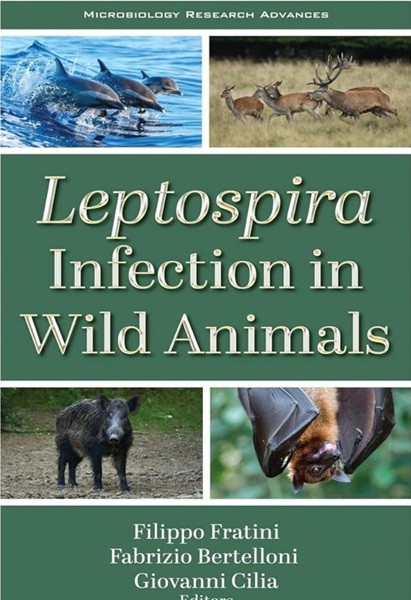
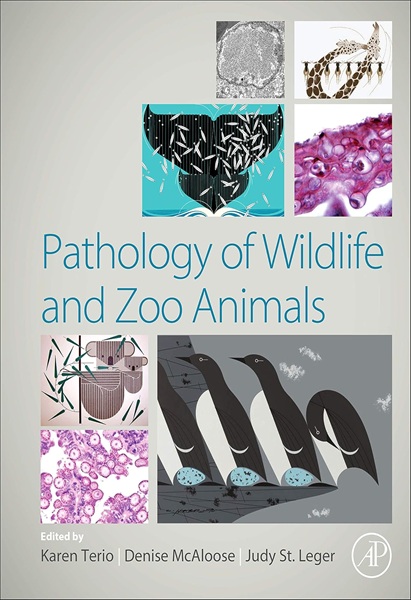
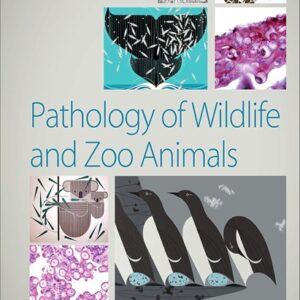


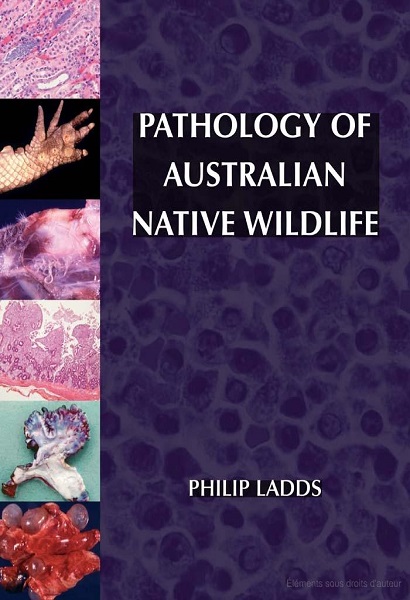

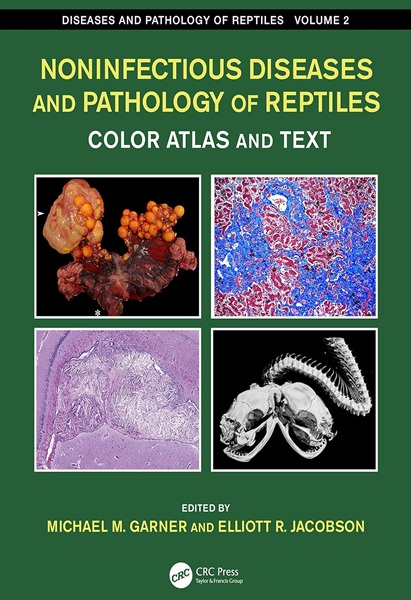

You must be logged in to submit a review.